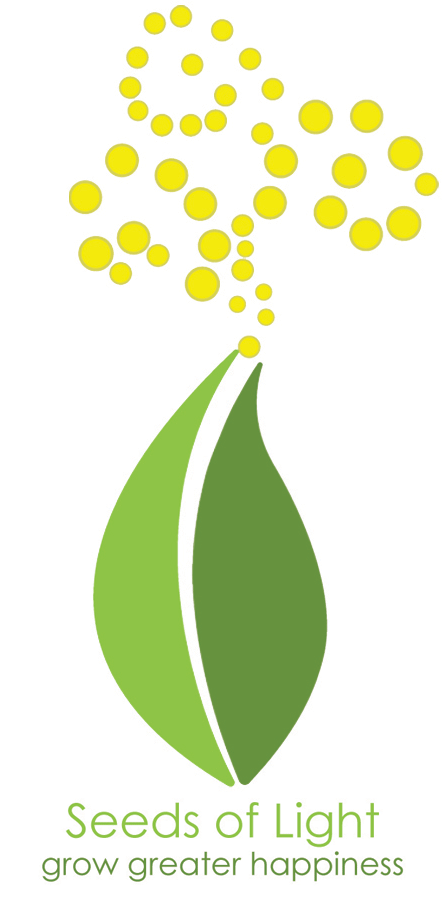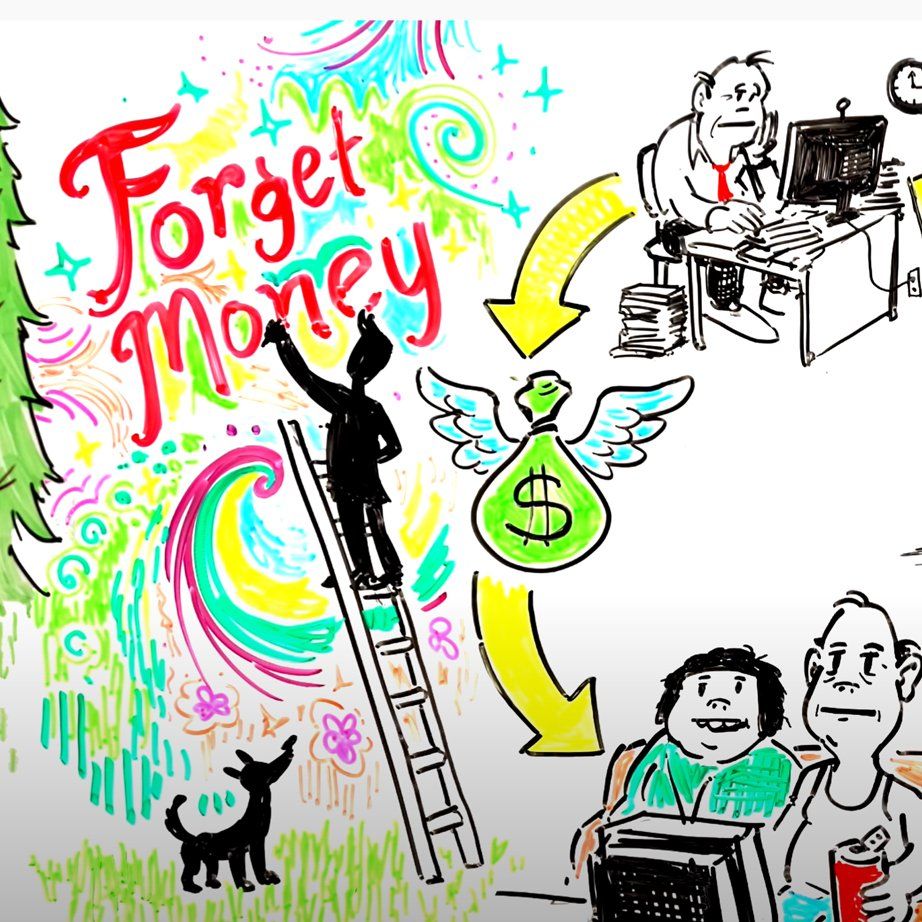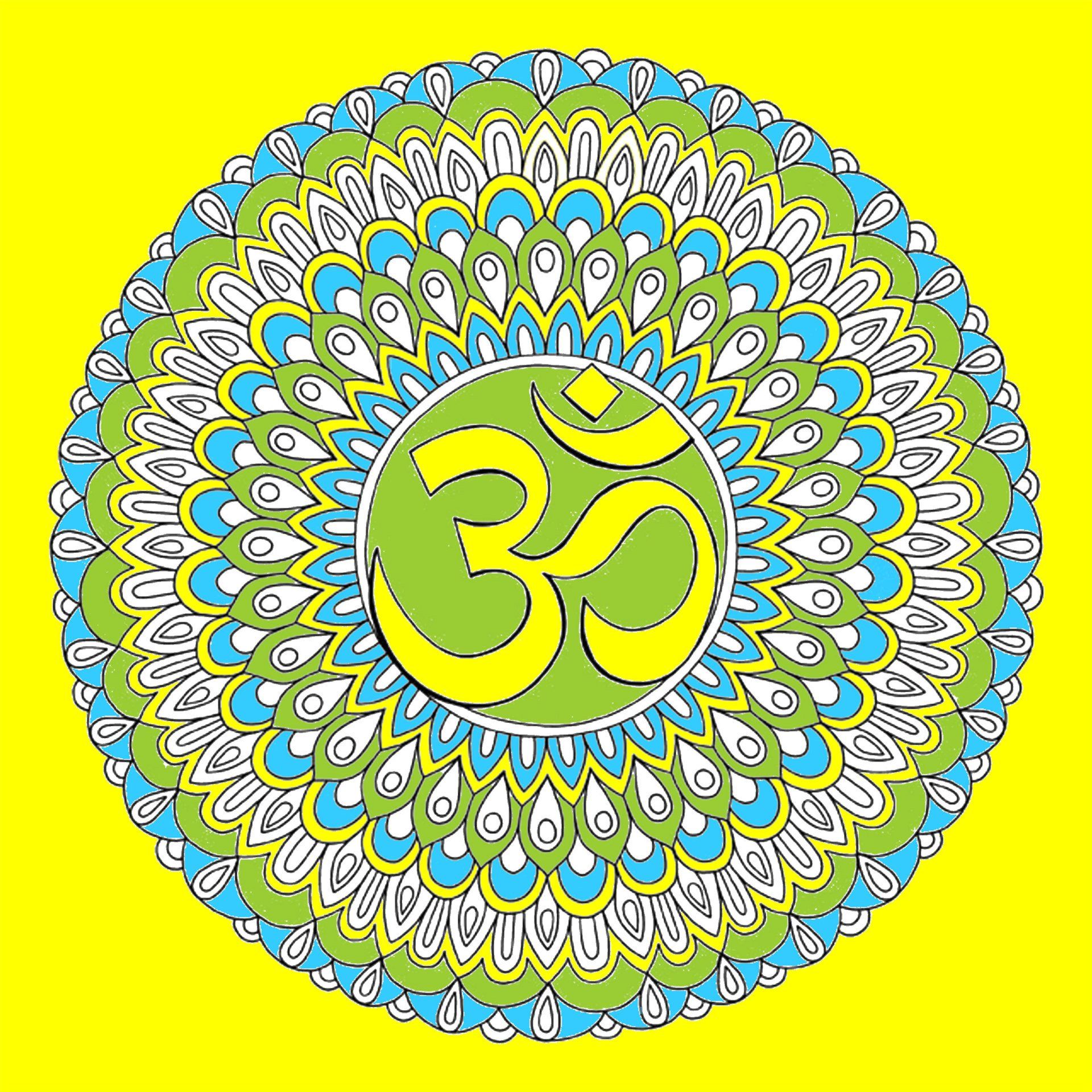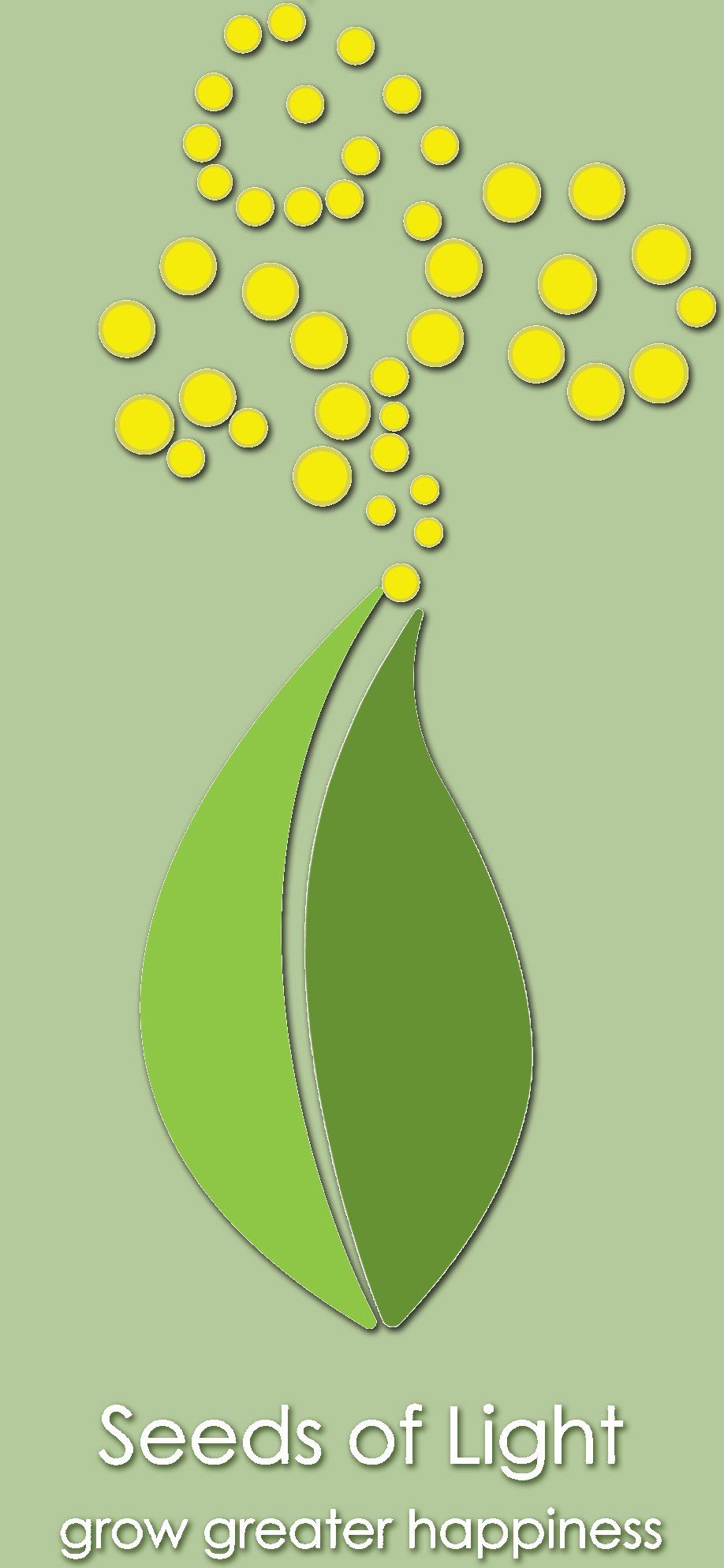In 2019 we offered more than 30 individual classes, each serving an average of 8-12 children, including a free 6-week Grow Greater Happiness
series in space generously donated by Railyard Apothecary
in Burlington, Vermont.
We also offered three consecutive 6-week programs for young people in the Essex/Westford School District. 50% of the young people in the first round of programming signed up for the second round, and the results of our post-program parental feedback surveys have exceeded anything we could have hoped for.
Of the 80% of parents responding:
• 100% of parents said their children shared two or more mindfulness or self-care tools they'd learned with them
• 100% said they'd observed their children using two or more mindfulness or self-care tools on their own (often different tools than the ones they'd shared with their parents)
• 100% of parents said they saw their children sharing the mindfulness & self-care tools they learned in the program with friends or siblings
• 80% of parents said they’d noticed an improvement in behavior and/or a reduction in disciplinary issues
• 80% said they noticed positive improvements in mood and/or behavior in the days immediately following the program
• 100% said their children enjoyed the program, that they would recommend the program, and that they would sign their children up to do it again.
In short, our programs are doing exactly what we hoped they would. They’re giving young people the tools to grow greater happiness and inspiring them to share those tools with others…
That is the dream behind Seeds of Light...
The more seeds that are sprinkled, the more seeds will sprout, and so on and so on.
How does Mindfulness Education help kids?
Kids talk about what mindfulness means to them
Teens talk about what mindfulness means to them
The research is in. Mindfulness education has benefits that last a lifetime.
Mindfulness & The Brain-Body Connection
Have you ever had the experience of being really excited about something only to find yourself, moments later, worrying about all the reasons that exciting thing won't happen/could go wrong?
That's because our "feelings" aka "emotions" are
often our brains interpreting the signals our bodies are sending, and sometimes our brains get confused.
When we're excited our bodies start pumping out adrenaline
and cortisol, our hearts beat faster, our pupils dilate, and our muscles contract.... just like they do when we're anxious, scared or running from a tiger. So, when you're excited about something, your body reads the signals
and says "Hey, adrenaline, rapid heart rate... I recognize these signals... Quick, all hands on deck!"
The influence of the brain-body connection on our well-being is evidenced by the fact that there are twice as many neurons running from the body to the brain as there are running from the brain to the body.
That means that somatic awareness, literally being aware of the physical processes & sensations in your body
at any given moment, is an incredibly powerful tool for mindfulness (aka being aware of what's going on inside ourselves). Somatic awareness
has a profound effect on everything from the processing of traumatic experiences, to regulating sleep-cycles and is especially important for
emotional self-regulation.
Seeds of Light's programs
incorporate the latest science on neuropsychology, neuroplasticity, the science of happiness, brain development and the brain-body connection to develop mindfulness exercises and self-care tools that increase somatic awareness
and help young people
utilize the brain-body connection
to their advantage.
Together these things help young people develop greater emotional self-regulation, enhanced communication skills, more self-compassion
and increased empathy.
The Stats
The National Institute of Mental Health (NIMH)
looked at 10,000
adolescents and found that 25-30%
of teens
met the criteria for Anxiety Disorder
with a median age of onset of AGE SIX.
They concluded that this shows a need for a shift away from treatment toward prevention and early intervention.
According to the latest research from the American Psychological Association, teens report higher levels of stress than adults
do, and almost 50% of teens
say they’re not doing enough to manage their stress. (The most common "coping strategies” used by teens in the study are playing video games and surfing the Internet.)
Anxious children have trouble learning
and can have behavioral and emotional issues that make it hard for them to form social bonds and connect with their peers.
Mindfulness training helps children better manage anxiety, increases
their feelings of compassion
and empathy, and has been shown to decrease negative outcomes later in life
such as substance abuse, stress-related illnesses, and involvement with the criminal justice system.
EQ (or Emotional IQ) is a greater predictor of future success, mental health, happiness and fulfillment than IQ.
Emotional Intelligence is
defined by the Institute for Human Health as the
ability to recognize, understand and manage our own emotions
and
recognize, understand and influence the emotions of others.
The Benefits
- Mindfulness increases both self-compassion and compassion toward others 1
- 10 minutes of mindfulness before a presentation increases information retention by 12.5% 2
- Mindfulness practices can be used as an alternative to drugs for the treatment of ADHD3
- Mindfulness training increases self-control and decreases aggressive behavior, especially in stressful situations 4
- Mindfulness training can shift maladaptive eating behaviors including binge eating & calorie restriction 5
- Daily mindfulness practice increases both the
ability to focus and immune-system
function
6
- Mindfulness & meditation are effective treatments for chronic pain, depression and anxiety 7
Bring It Home
Give YOUR child the tools to Grow Greater HappinessRegister them for an upcoming Grow Greater Happiness Program or Learn how to bring the Grow Greater Happiness Program to your community
Because of COVID-19 our afterschool programs are currently suspended.
The More You Know:

What makes you feel good? What makes your KIDS feel good? A sense of accomplishment & feeling appreciated (aka a sense of acknowledgement) can take a bad day & turn it good. A WOW-bell is a fun way to give kids the sense of accomplishment & appreciation they need to develop the kind of resilient mindset, the can-do attitude, that will lead to growth, learning & happiness in the present and greater success in the long-term.
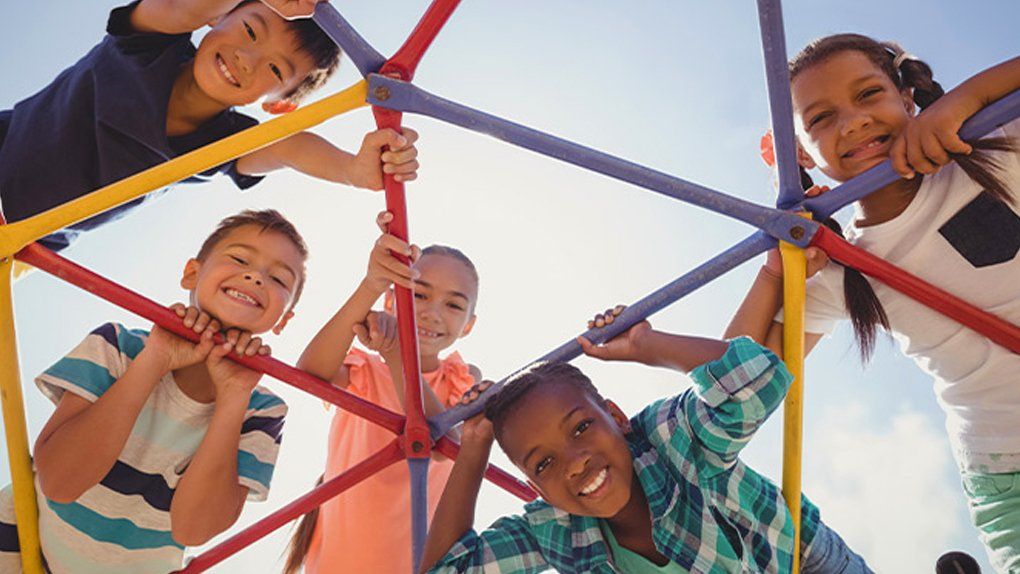
If you want to help your children develop to their fullest potential and live their happiest, best lives, tell them to “go play” outside. Students who are engaged in daily physical education programs consistently show superior motor fitness, AND better academic performance and a better attitude toward school than students who do not participate in daily physical education.
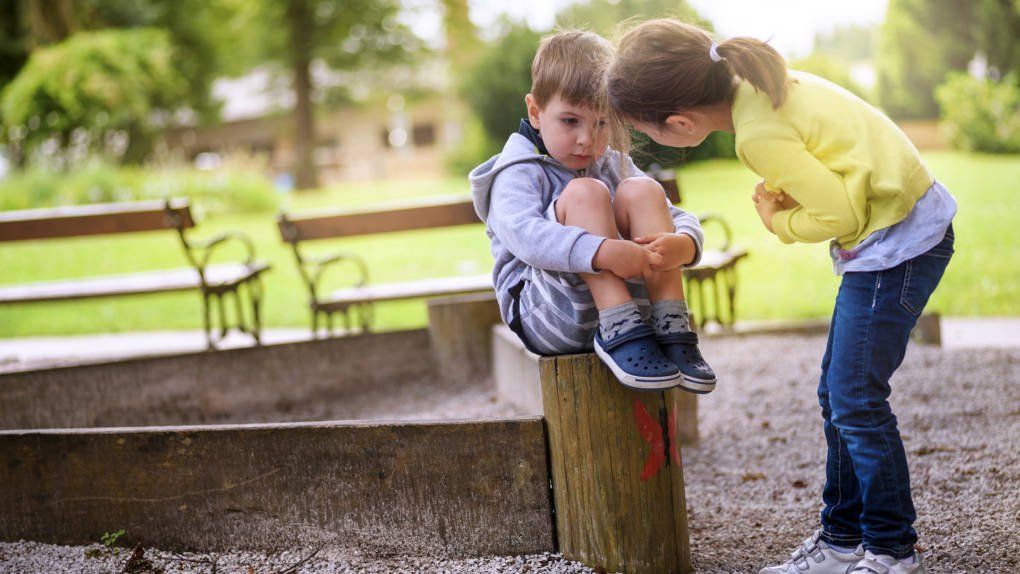
Thanks to the latest scientific research, the secret to happiness isn't so secret anymore. Empathy is the key. Research shows that people with high levels of Empathy, that is "the ability to understand or feel what another person is experiencing from within their frame of reference," are generally happier, healthier and more successful at work. Happily, empathy can be taught.
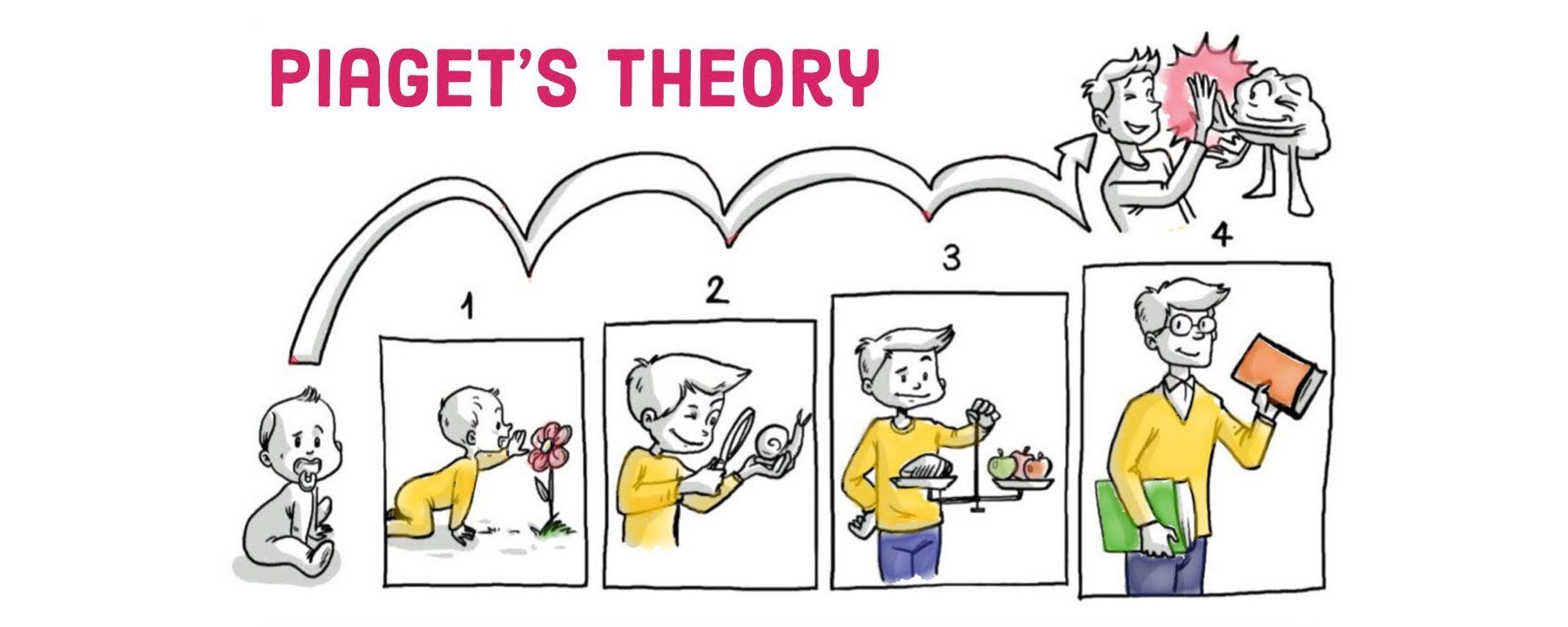
Do you ever feel frustrated by your child's behavior? Understanding the 4 Stages of Emotional Development can help. This short video illustrates the way your child sees/ perceives/ reasons and how that changes as they grow older according to Piaget's 4-stage Theory of Cognitive Development . Watching it will help you understand the Why behind your child's What.
